Space-Time Processing for MIMO Communications
Driven by the desire to boost the quality of service of wireless systems closer to that afforded by wireline systems, space-time processing for multiple-input multiple-output (MIMO) wireless communications research has drawn remarkable interest in recent years. Exciting theoretical advances have been complemented by rapid transition of research results to industry products and services, thus creating a vibrant new area. Space-time processing is a broad area, owing in part to the underlying convergence of information theory, communications and signal processing research that brought it to fruition. This book presents a balanced and timely introduction to space-time processing for MIMO communications, including highlights of emerging trends, such as spatial multiplexing and joint transceiver optimization. Includes detailed coverage of wireless channel sounding, modelling, characterization and model validation. Provides state-of-the-art research results on space-time coding, including comprehensive tutorial coverage of orthogonal space-time block codes. Discusses important recent developments in spatial multiplexing, transmit beam-forming, pre-coding and joint transceiver design for the multi-user MIMO downlink using full or partial CSI. Illustrates all theory with numerous examples gleaned from cutting-edge research from around the globe. This valuable resource will appeal to engineers, developers and consultants involved in the design and implementation of space-time processing for MIMO communications. Its accessible format, amply illustrated with real world case studies, contains relevant, detailed advice for postgraduate students and researchers specializing in this field.
{{comment.content}}
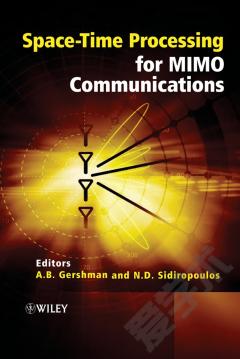


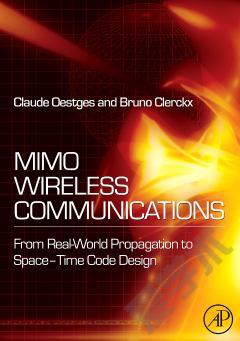
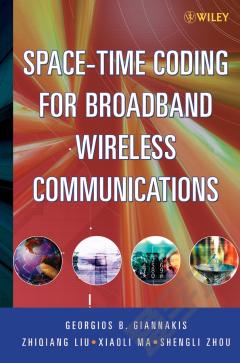
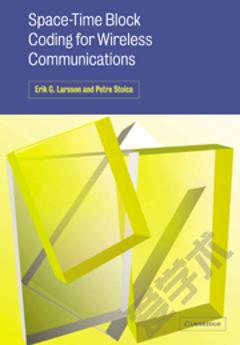
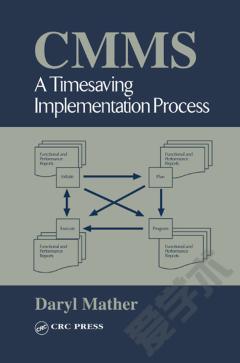

 京公网安备 11010802027623号
京公网安备 11010802027623号